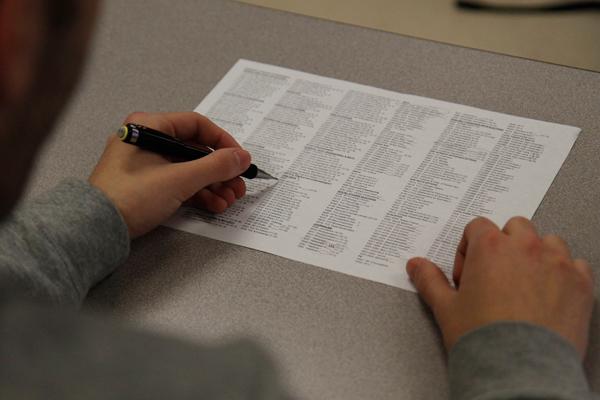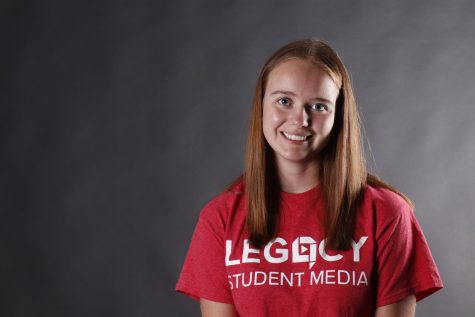
In 2016, MISD pulled a speech credit from the debate class because the district receives money for each student enrolled in a Professional Communications class. Even though debate meets all the state-mandated requirements of a speech class, the class doesn’t receive funding. The decision fostered criticism among students both in and outside of the debate program who wanted the benefit of receiving a speech credit in a class they enjoy. Other classes, such as journalism and theater, achieve the requirements needed to count as a speech credit and therefore should be available as an alternative to Professional Communications.
The state of Texas provides guidelines a class must meet to count as a speech credit. For example, standard two of the Texas Essential Knowledge and Skills (TEKS) in speech requires, “The speech teacher knows how to apply research skills and procedures to gather, analyze, evaluate, and use information from a variety of sources; and teaches students to apply these skills and procedures in varied communication contexts.” Writing journalism features, arguing debate cases and applying historical knowledge to Theater performances all utilize research in a variety of “communication contexts”, and thus meet the requirements of standard two.
The curriculum of theater, debate and journalism also meet the requirements of standard five, which requires, “The speech teacher understands oral language, listening, and nonverbal communication skills [and] knows how to analyze communication interactions.” Journalism students must remain attentive during interviews to understand their interviewee, just as debaters must stay engaged in their opponent’s arguments to create an adequate counter-argument. Theater students also must have constant awareness of their surroundings to respond to oral and nonverbal cues.
In addition to meeting the requirements of standard two and five, these classes meet the requirements of standard ten: “The speech teacher understands the art of oral interpretation and provides opportunities for students to develop and apply oral interpretation skills in individual and group performances for a variety of audiences, purposes, and occasions.” Students exemplify the skills they learn in a variety of audiences when a debater wins a round, a journalism student gets a story published and theater students perform a successful show- all of which a variety of audiences see.
Although the school receives money for students enrolled in Professional Communications classes, when students have options for what counts as their speech credit they can become more passionate and involved in activities which will benefit them. Passion breeds prosperity, and therefore when students show passion with what they do, they will become more successful.
If students can choose a class they’re passionate about to receive their speech credit from, they will be more engaged, thus increasing their creativity, productivity and knowledge. Therefore, because communication skills are important to the professional world, students will become more prepared for the future. For these reasons, the MISD School Board should strongly consider counting other classes, such as journalism, debate and theater, as the speech credit students need to graduate high school.











